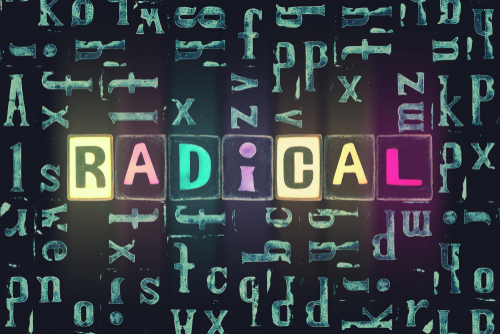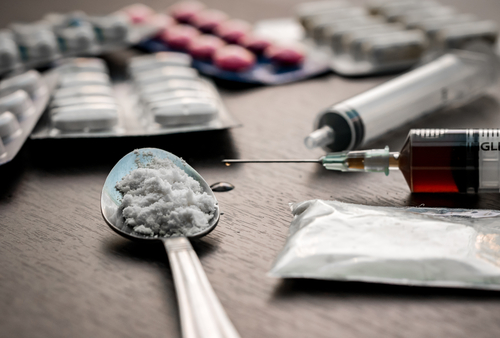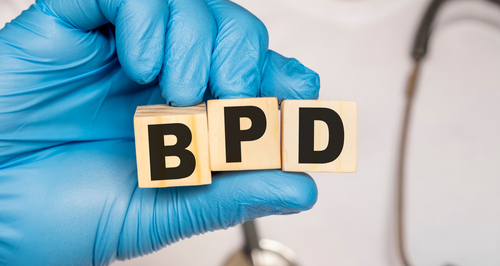
Johns Hopkins Medicine explains triggers as “external events or circumstances that may produce very uncomfortable emotional or psychiatric symptoms, such as anxiety, panic, discouragement, despair, or negative self-talk.” Triggers can vary from person to person and can cause different physiological responses, including dissociation. Dissociation is a psychological phenomenon that, according to the Australian Institute of Professional Counsellors, “describes a state in which the integrated functioning of a person’s identity, including consciousness, memory, and awareness of surroundings, is disrupted or eliminated.” Dissociation is specifically influenced by the disruption of four key areas (identity, memory, consciousness, and awareness of oneself and surroundings) of personal functioning that typically operate automatically and seamlessly. Medical News Today asserts that “the exact cause of dissociation is unclear, but it often affects people who have experienced a life-threatening or traumatic event, such as extreme violence, war, a kidnapping, or childhood abuse.” Dissociation is an overload response that serves as an ineffective coping mechanism.
Common Triggers
Some types of triggers that are common with dissociation could include, but are not limited to the following examples, provided by Good Therapy and other sources:
- Recreational drug abuse: certain substances (e.g., ketamine, hallucinogens, marijuana, benzodiazepines, alcohol, etc.) work by interacting with the chemicals in one’s brain which can trigger dissociation.
- Another mental health condition can trigger dissociation, including the following:
- Depression: is “a mood disorder that causes a persistent feeling of sadness and loss of interest.”
- Epilepsy: is “a central nervous system disorder in which brain activity becomes abnormal, causing seizures or periods of unusual behavior, sensations and sometimes loss of awareness.”
- Schizophrenia: is defined as “a serious mental illness that affects how a person thinks, feels, and behaves.”
- Phobic disorder: is defined as “an anxiety disorder characterized by an extreme and irrational fear of simple things or social situations.”
- Obsessive-compulsive disorder (OCD): is “a disorder in which people have recurring, unwanted thoughts, ideas or sensations (obsessions) that make them feel driven to do something repetitively (compulsions).”
- Post-traumatic stress disorder (PTSD): is “a mental health condition that’s triggered by a terrifying event – either experiencing it or witnessing it.”
- Borderline personality disorder (BPD): is “an illness marked by an ongoing pattern of varying moods, self-image, and behavior.”
- Trauma can trigger dissociation
The general symptoms of dissociation, according to a study published in Access Advances in Psychiatric Treatment, include changes in bodily senses and a reduced ability to react emotionally. The American Psychiatric Association (APA) provides examples of more severe symptoms of dissociation including perceptual alterations, emotional or physical numbing, distorted sense of time and space, unreal, unstable, or absent self, etc. An episode of dissociation can also cause an individual to feel as though their heart is pounding and/ or experience symptoms of light-headedness. The symptoms of dissociation can range from mild to severe, and last varied durations.
Disclaimer:
The information above is provided for the use of informational purposes only. The above content is not to be substituted for professional advice, diagnosis, or treatment, as in no way is it intended as an attempt to practice medicine, give specific medical advice, including, without limitation, advice concerning the topic of mental health. As such, please do not use any material provided above to disregard professional advice or delay seeking treatment.







